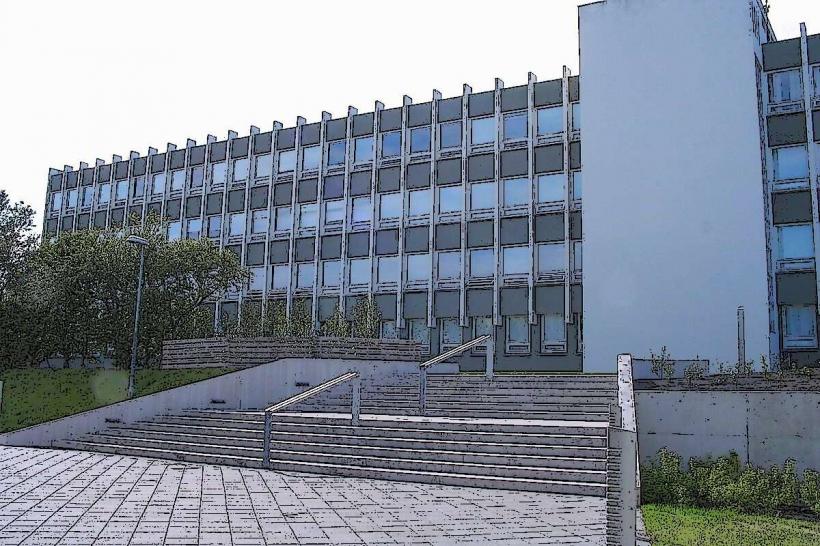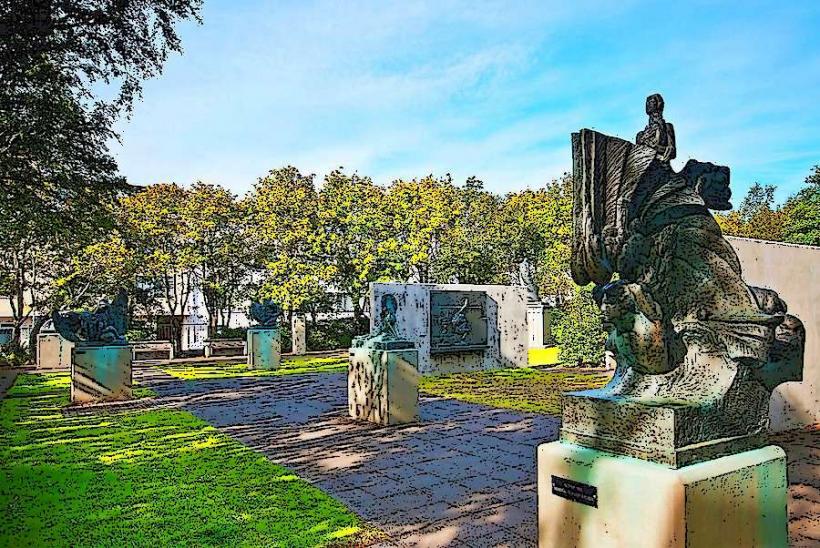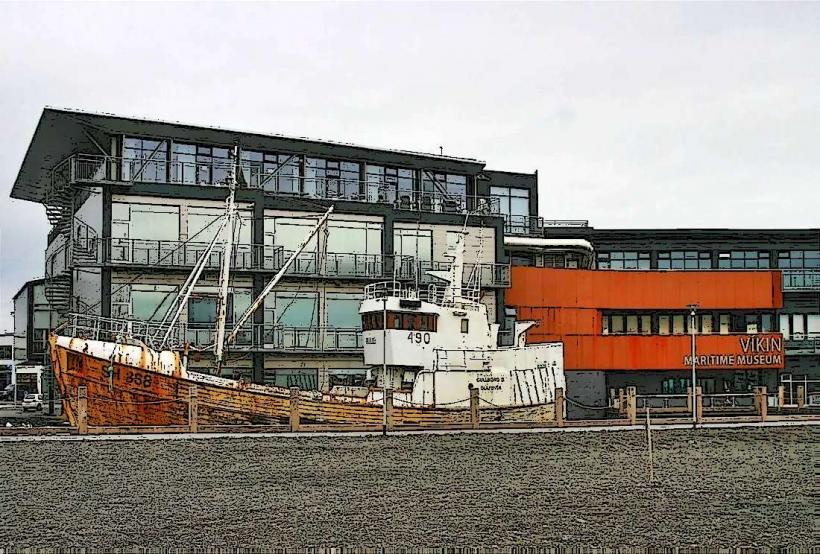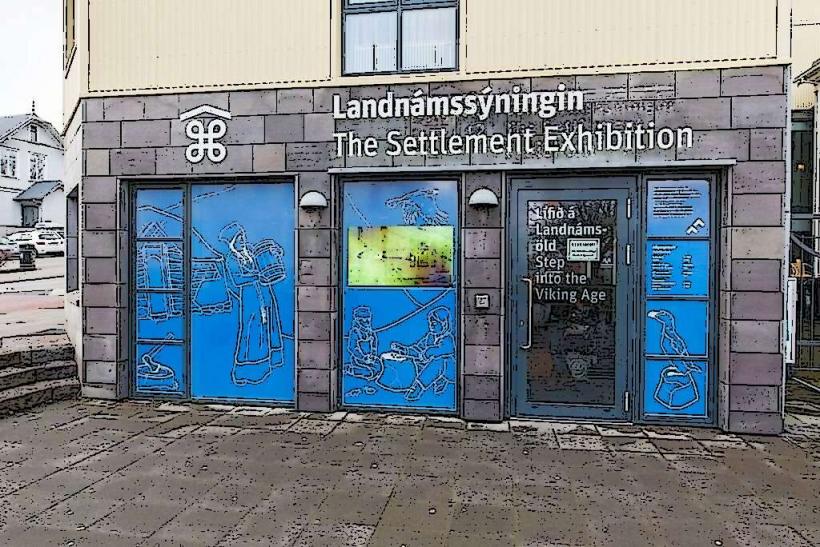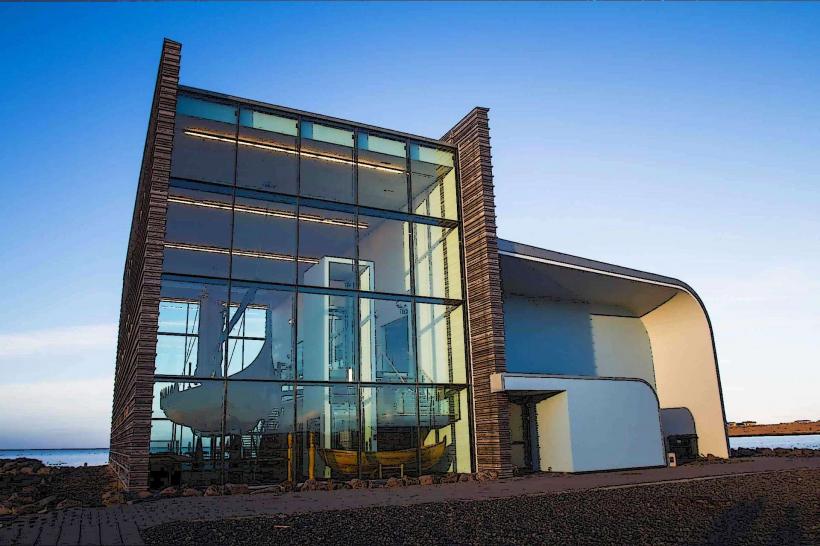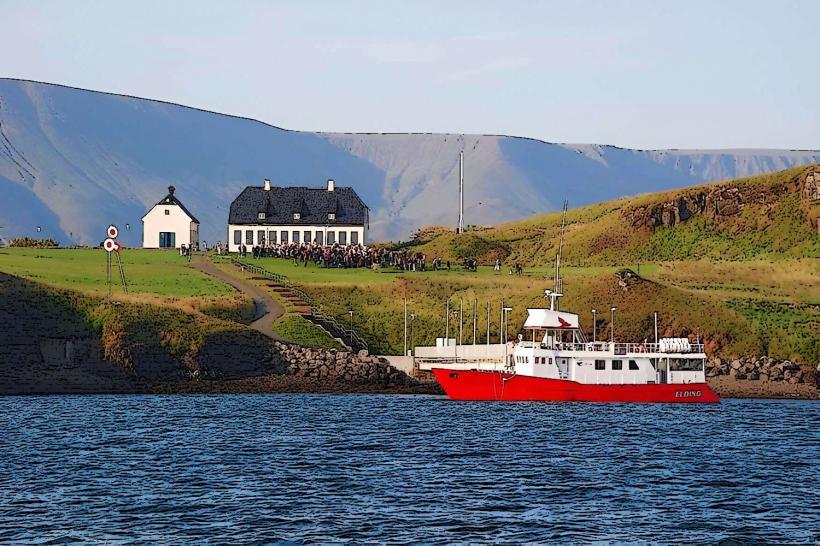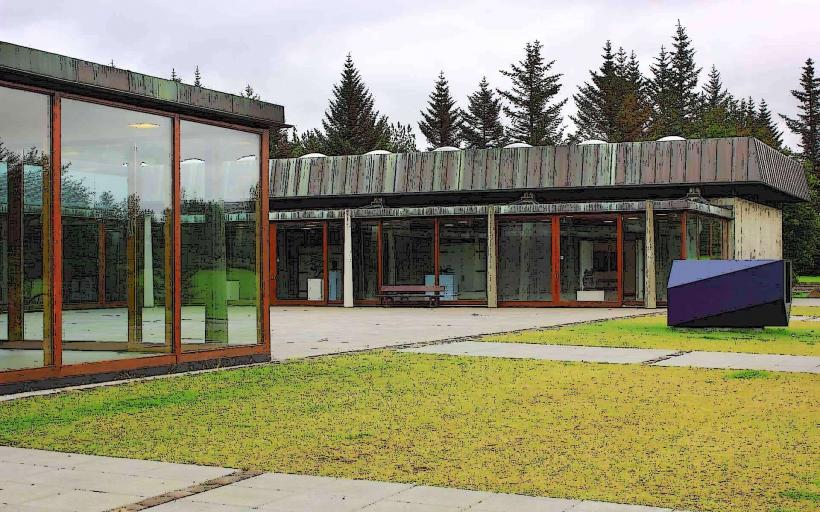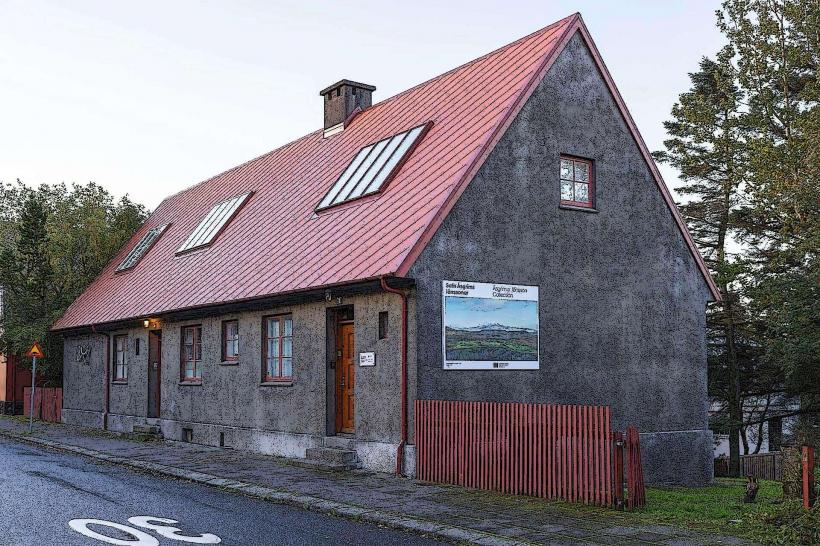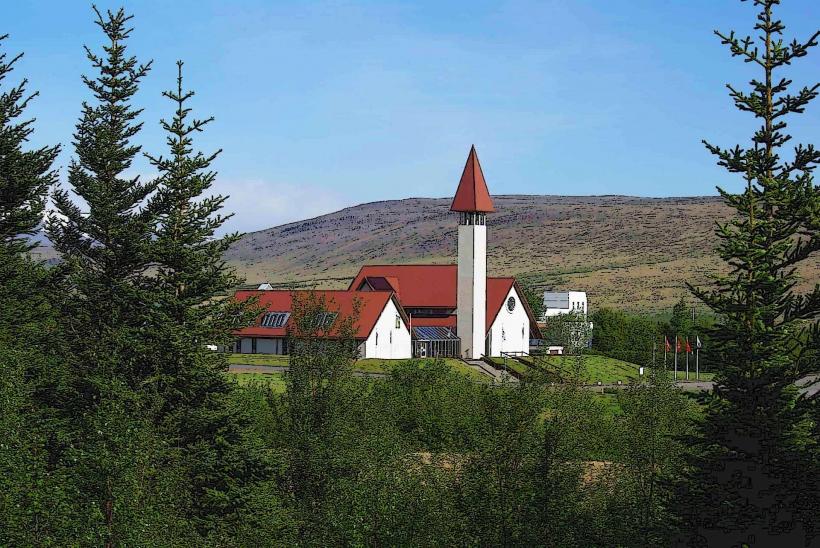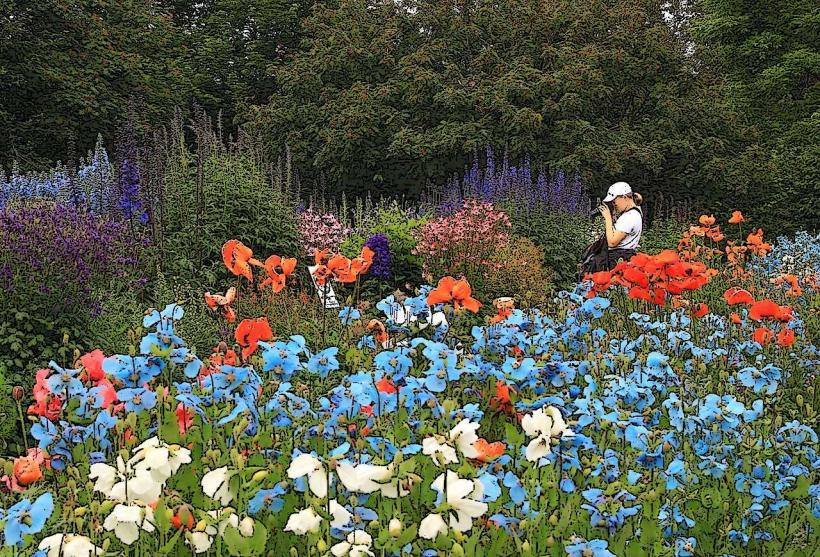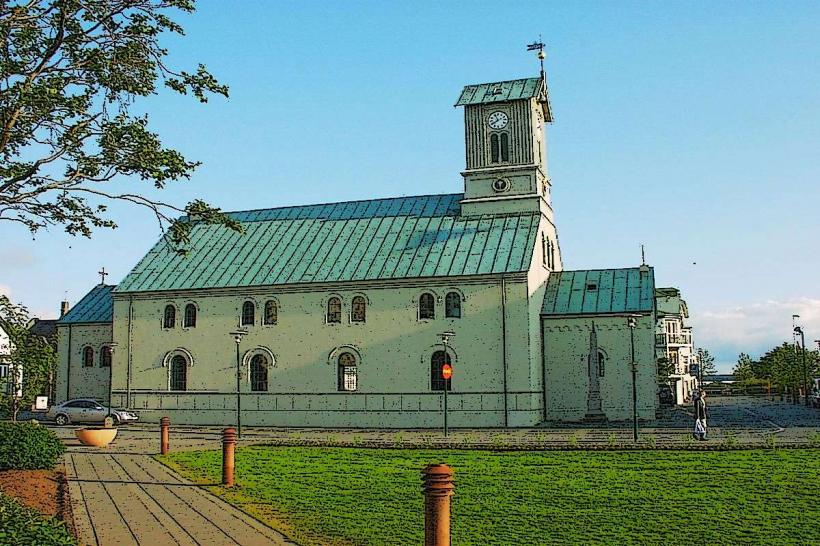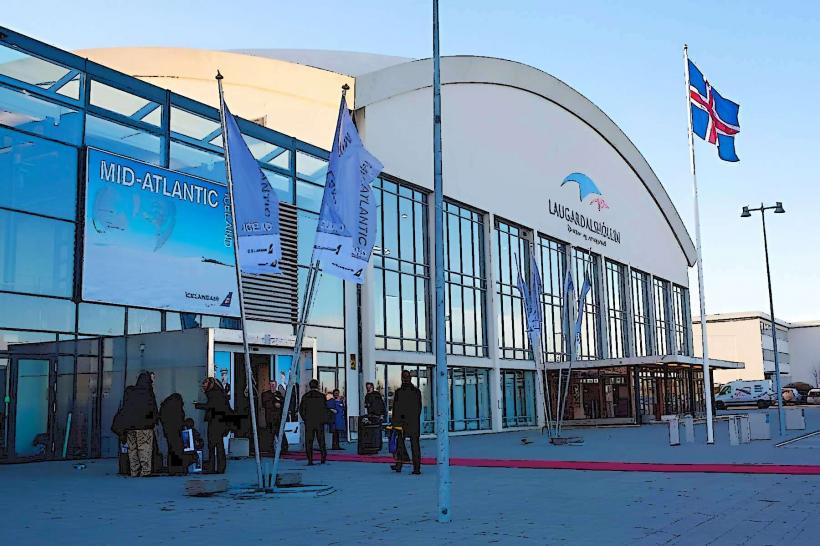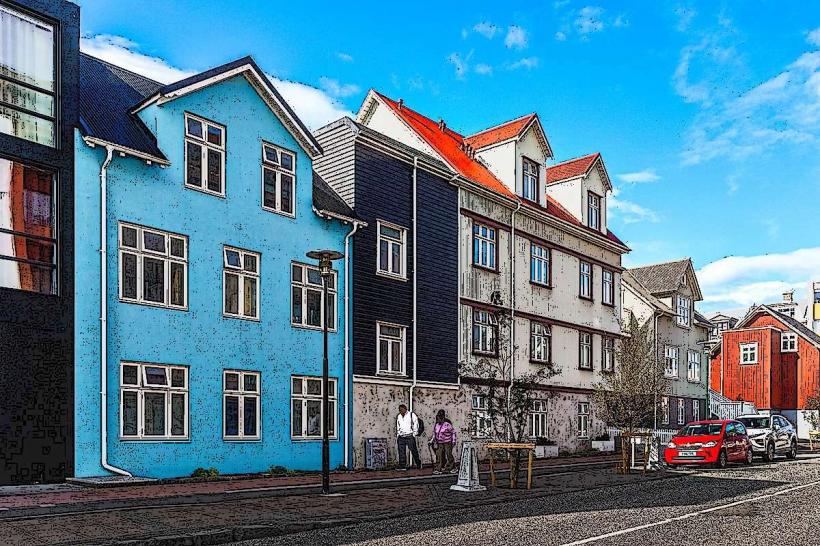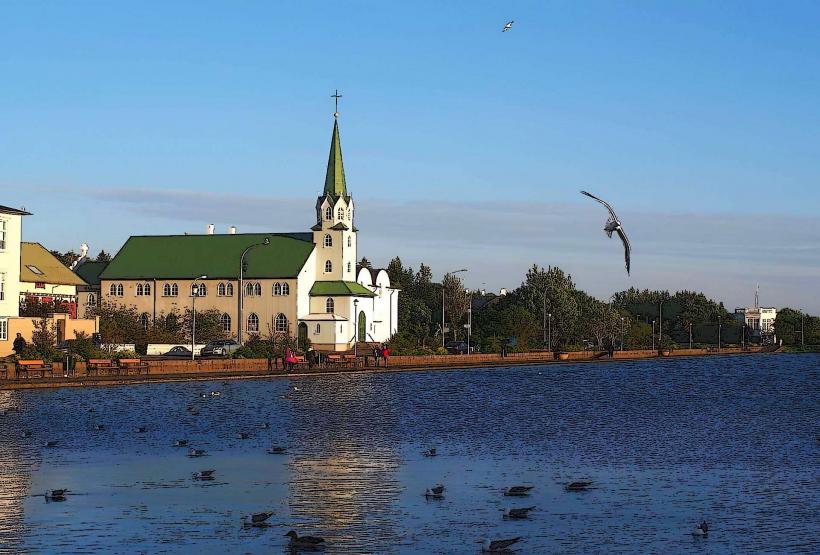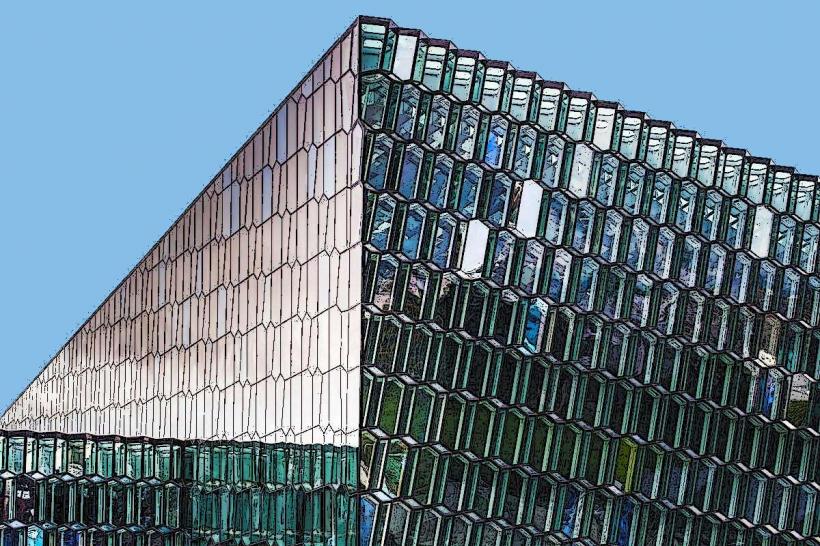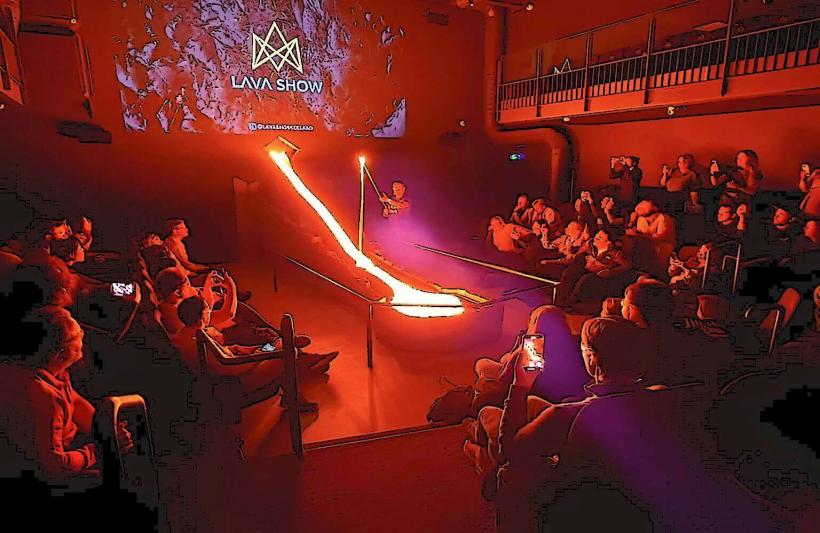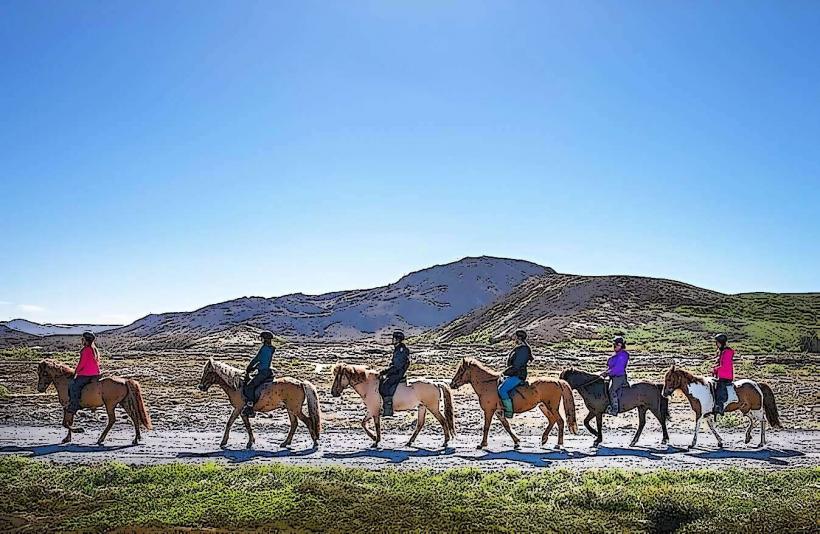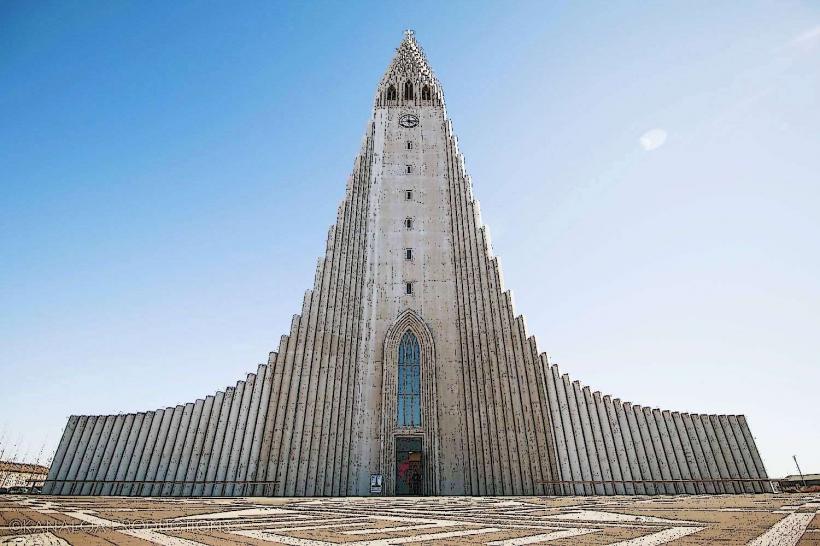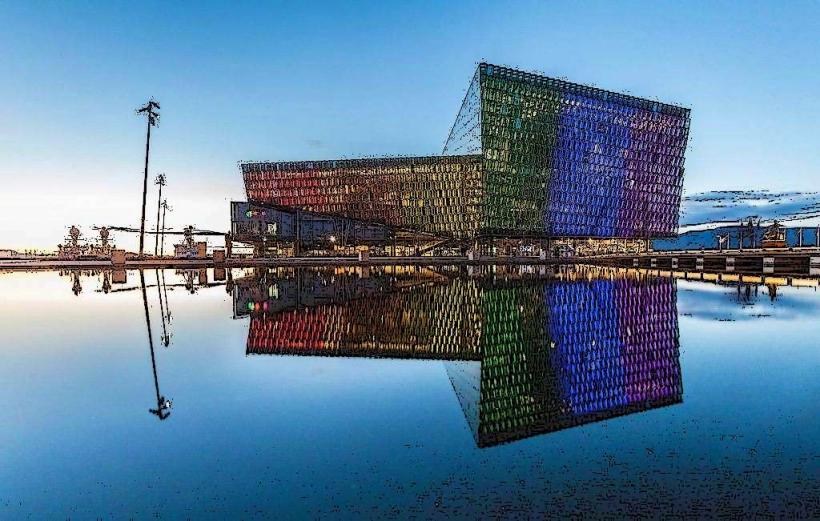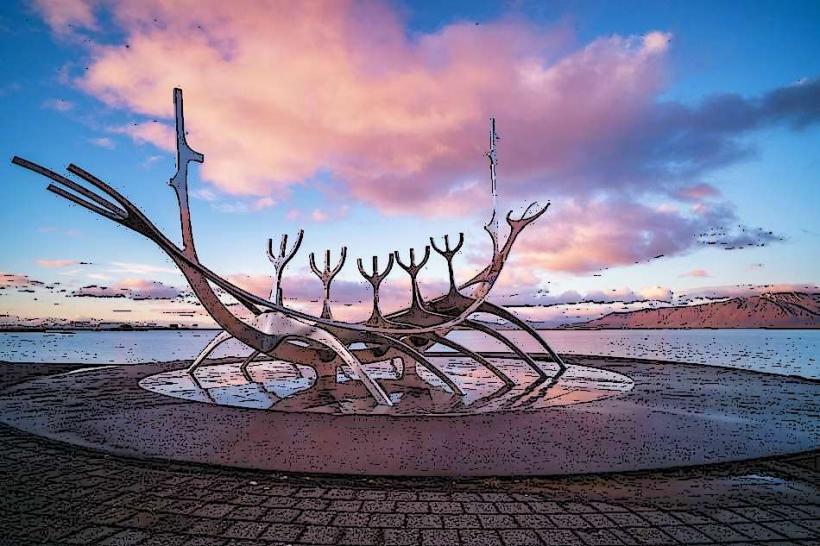Information
Landmark: House of Parliament (Alþingi)City: Reykjavik
Country: Iceland
Continent: Europe
The House of Parliament (Alþingishúsið) in Reykjavik is the seat of Iceland's Althingi, one of the world’s oldest parliamentary institutions, established in 930 AD. Located in Austurvöllur Square, this historic building represents the heart of Iceland's democracy and governance. Its understated architectural elegance and historical significance make it a key destination for visitors exploring Iceland’s capital.
Overview
- Name: Alþingishúsið (The House of Parliament)
- Location: Austurvöllur Square, Reykjavik city center
- Construction: Completed in 1881
- Architect: Ferdinand Meldahl, inspired by classical Scandinavian design
- Material: Constructed from Icelandic hewn dolerite, a volcanic basalt stone
- Function: Houses Iceland's Parliament and related offices
Historical Significance
Origins of Alþingi
- The Althingi, founded in 930 AD, is one of the oldest parliamentary bodies in the world. It originally convened at Þingvellir, a natural amphitheater about 45 km from Reykjavik.
- In 1845, the Althingi was reestablished as an advisory body under Danish rule and moved to Reykjavik. It became a fully legislative body after Iceland’s independence in 1944.
The Building
- Alþingishúsið was built in 1881 to accommodate the reestablished Althingi.
- It has since been a symbol of Iceland’s political independence and self-governance.
- In 1944, the building played a significant role when Iceland declared its independence from Denmark, making it the seat of the independent Icelandic Parliament.
Architectural Features
Exterior Design
- Built with locally sourced basalt stone, the building’s facade is simple yet stately, reflecting the modest and practical style characteristic of Iceland.
- Features a neoclassical design with symmetrical windows and a central entrance.
Interior Layout
- The building contains meeting rooms, offices, and a central debating chamber.
- Its interior decor is modest but functional, emphasizing Icelandic design principles of simplicity and practicality.
Surrounding Grounds
- The Alþingishúsið is surrounded by a small public garden, a peaceful space that adds to the charm of Austurvöllur Square.
- Statues and plaques in the area commemorate important historical figures, such as Jón Sigurðsson, a leader in Iceland’s independence movement.
Current Use
- The Alþingishúsið remains the primary meeting place for Iceland's Parliament, where debates, legislative processes, and decision-making occur.
- Some parliamentary activities have expanded into nearby buildings, such as the Government Offices of Iceland, due to the increasing needs of modern governance.
Visiting Alþingishúsið
Accessibility
- The building is located in the heart of Reykjavik and is easily accessible by foot, bike, or public transport.
- Visitors cannot freely enter the building, but guided tours are occasionally offered, often in conjunction with cultural events or special occasions.
Best Times to Visit
- Visit the area during the summer months when Austurvöllur Square is bustling with life and the surrounding gardens are in bloom.
- National Day (June 17) and other national celebrations often include events near the Parliament.
Photography Tip
- The building’s basalt stone facade is particularly striking in the soft evening light or with a snowy backdrop during winter.
Nearby Attractions
Austurvöllur Square
- A popular meeting point for locals, especially in good weather. The square often hosts demonstrations, events, and celebrations.
Dómkirkjan (Reykjavik Cathedral)
- Adjacent to Alþingishúsið, this small but historically significant cathedral has close ties to Iceland’s political history.
National Gallery of Iceland
- A short walk away, this museum showcases Icelandic art and cultural heritage.
Harpa Concert Hall
- A 10-minute walk, offering modern architecture and cultural performances.
Interesting Facts
- World's Oldest Parliament: While the Alþingi’s original location was at Þingvellir, its modern incarnation makes Iceland proud of hosting the longest continuous parliamentary tradition in the world.
- Declaration of Independence: On June 17, 1944, Iceland declared its independence from Denmark at this very site.
- Modesty in Politics: The building reflects the Icelandic ethos of modesty and functionality in governance, avoiding ostentation.
Conclusion
The House of Parliament (Alþingishúsið) is not just an architectural landmark; it is a symbol of Iceland’s rich democratic tradition and political history. Whether you’re a history enthusiast or simply exploring Reykjavik, the building and its surrounding square offer a glimpse into the heart of Iceland’s governance and cultural identity.

